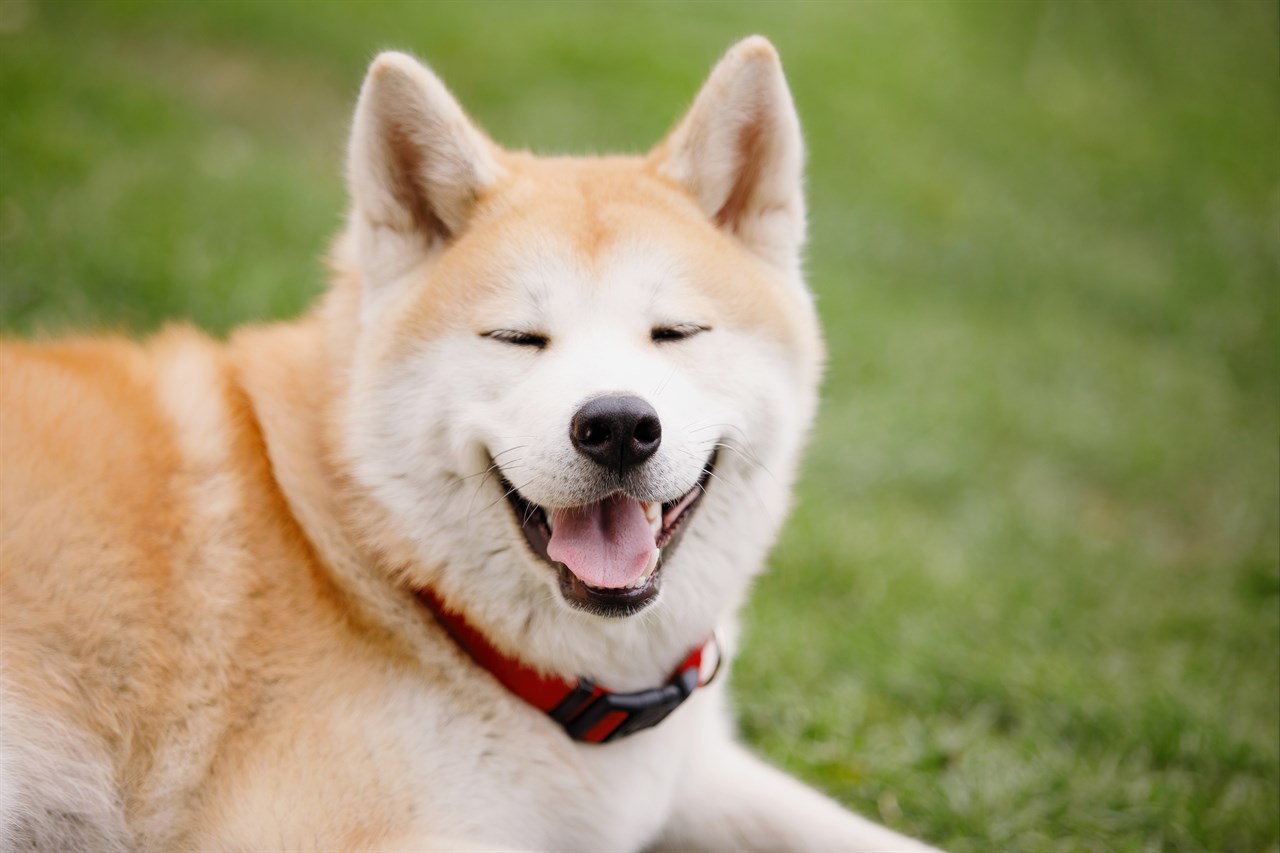Sleeping Requirements and Sleeping Habits of the Akita Inu

Understanding the sleeping requirements and habits of the Akita Inu is essential for ensuring their well-being and comfort. Like all dogs, Akitas have specific sleep needs and behaviours that can vary based on their age, activity level, and individual preferences.
Sleeping Hours
Akitas, like most adult dogs, typically sleep for about 12 to 14 hours a day. Puppies, on the other hand, may sleep considerably more, up to 18 to 20 hours a day, as they require more rest for growth and development.
Night-time Sleep
Akitas are known to be nocturnal animals, which means they are more active during the night. This behaviour is rooted in their history as hunting and guard dogs. Some Akita Inus may exhibit a tendency to stay alert and active during the night-time hours, particularly in dim lighting conditions.
Preferred Sleeping Spots
Akitas are known for their loyalty and attachment to their families, and they often prefer to sleep close to their owners. They may choose to sleep in the same room as their human family members or even share the bed if allowed. Providing a comfortable and safe sleeping area is essential for their well-being.
Sleeping Patterns
Akitas may exhibit various sleeping patterns, including:
- Napping: Like most dogs, Akitas enjoy short naps throughout the day. These naps can help them recharge and stay alert.
- Deep Sleep: Akitas experience deep sleep cycles during which they may dream and exhibit twitching or paddling movements. This is entirely normal and is part of their natural sleep pattern.
- Alertness During Rest: Even when resting or sleeping, Akitas often remain alert to their surroundings, which is a reflection of their protective instincts.
Creating a Comfortable Sleeping Environment
To ensure your Akita Inu gets quality sleep and remains comfortable, consider the following:
- Comfortable Bed: Provide a comfortable and supportive bed for your Akita. Many dogs enjoy memory foam or orthopaedic beds, especially as they age.
- Quiet and Dark: Ensure that the sleeping area is quiet and dimly lit at night to promote restful sleep. Akitas can be sensitive to changes in lighting.
- Temperature: Maintain a comfortable room temperature, as Akitas can be sensitive to extremes in heat or cold
- Safety: Ensure that the sleeping area is safe and free from potential hazards, especially if your Akita has night-time wanderings.
- Calm Evening Routine: Establish a calm evening routine that signals it's time to wind down. This can include a short walk and some quiet playtime.
Night-time Behaviour
While Akitas may be active during the night, excessive night-time restlessness or barking can be indicative of anxiety or discomfort. If your Akita exhibits unusual night-time behaviour, consider consulting with a veterinarian or a professional dog behaviourist to address any underlying issues.
Conclusion
Akitas have specific sleep requirements and habits that should be accommodated to ensure their well-being. Providing a comfortable sleeping environment, being mindful of their night-time activity, and addressing any sleep-related issues can help ensure that your Akita Inu gets the restful sleep they need to stay healthy and happy.
Akita Inu puppies for sale
- Find Akita Inu puppies for sale in ACT
- Find Akita Inu puppies for sale in NSW
- Find Akita Inu puppies for sale in NT
- Find Akita Inu puppies for sale in QLD
- Find Akita Inu puppies for sale in SA
- Find Akita Inu puppies for sale in TAS
- Find Akita Inu puppies for sale in VIC
- Find Akita Inu puppies for sale in WA